In 2018 I joined local industry veterans to form Ouzo Games, a small game publisher aiming to grab a slice of the proverbial cake that is Hypercasual gaming. This once-popular trend of games featured hooking mechanics, stripped visual aesthetics and many, many ads. Naturally for a start-up, I first had to put together some branding.

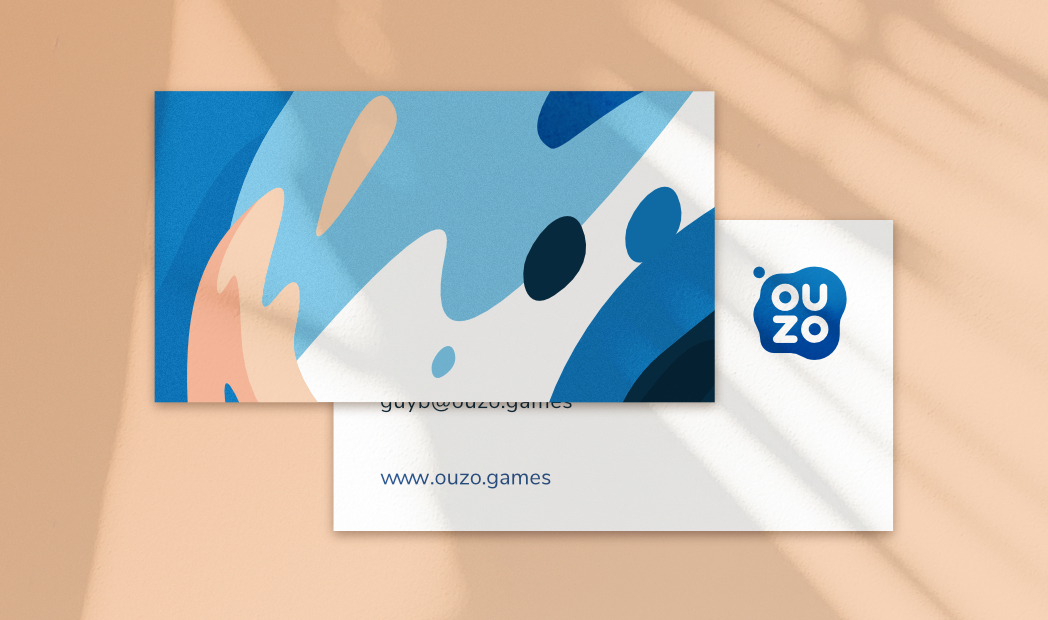
I was part of the in-house R&D team, in charge of designing our own released games. Usual production timeline consisted of roughly three weeks per project before soft-launching the game. We tried to be as data-driven as we could and validate our ideas early. To that extent, a lot of effort went into automating procedures and re-using art. I also took the chance to build tools that helped us keep track of emerging trends in the app stores.
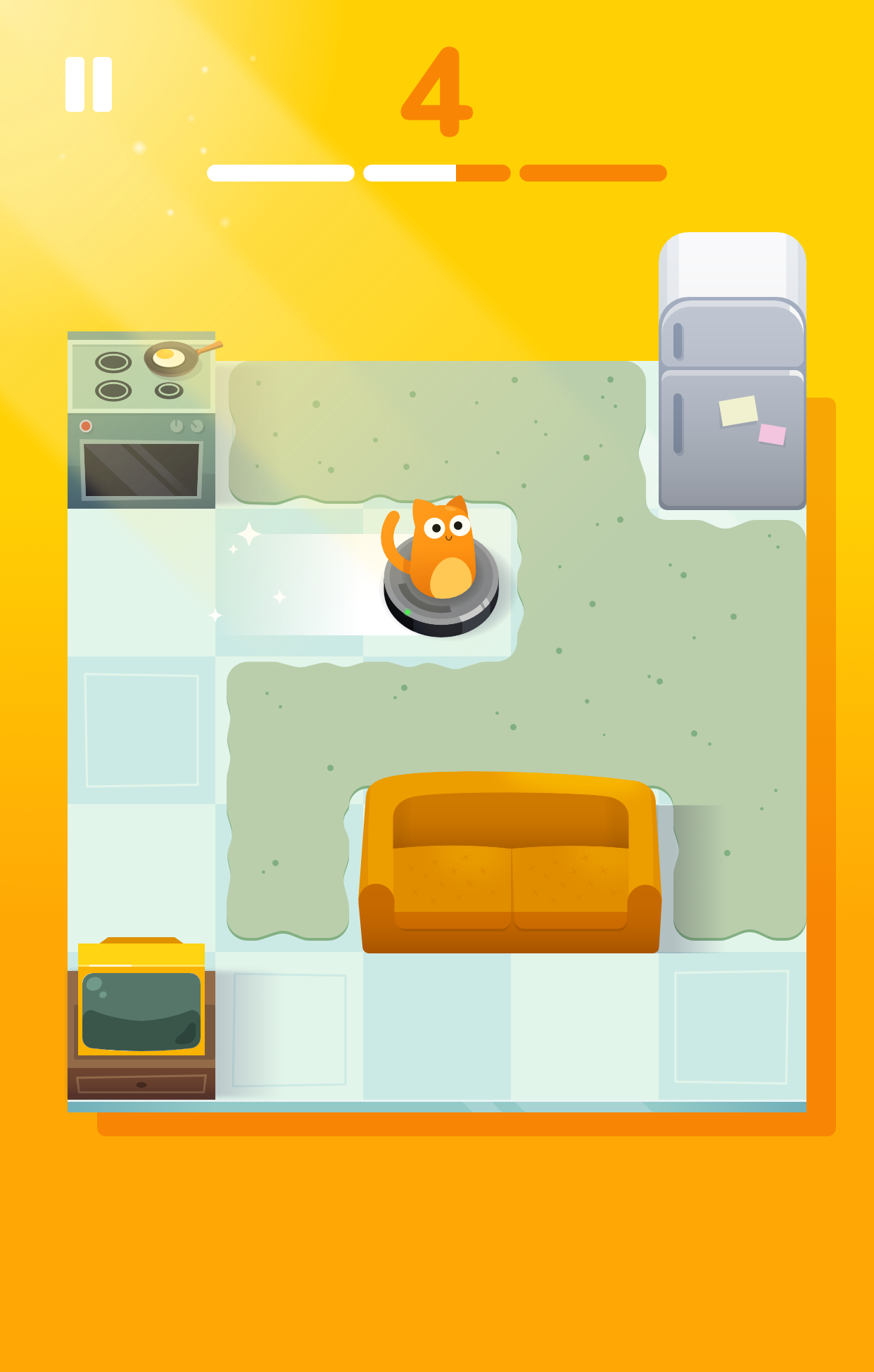
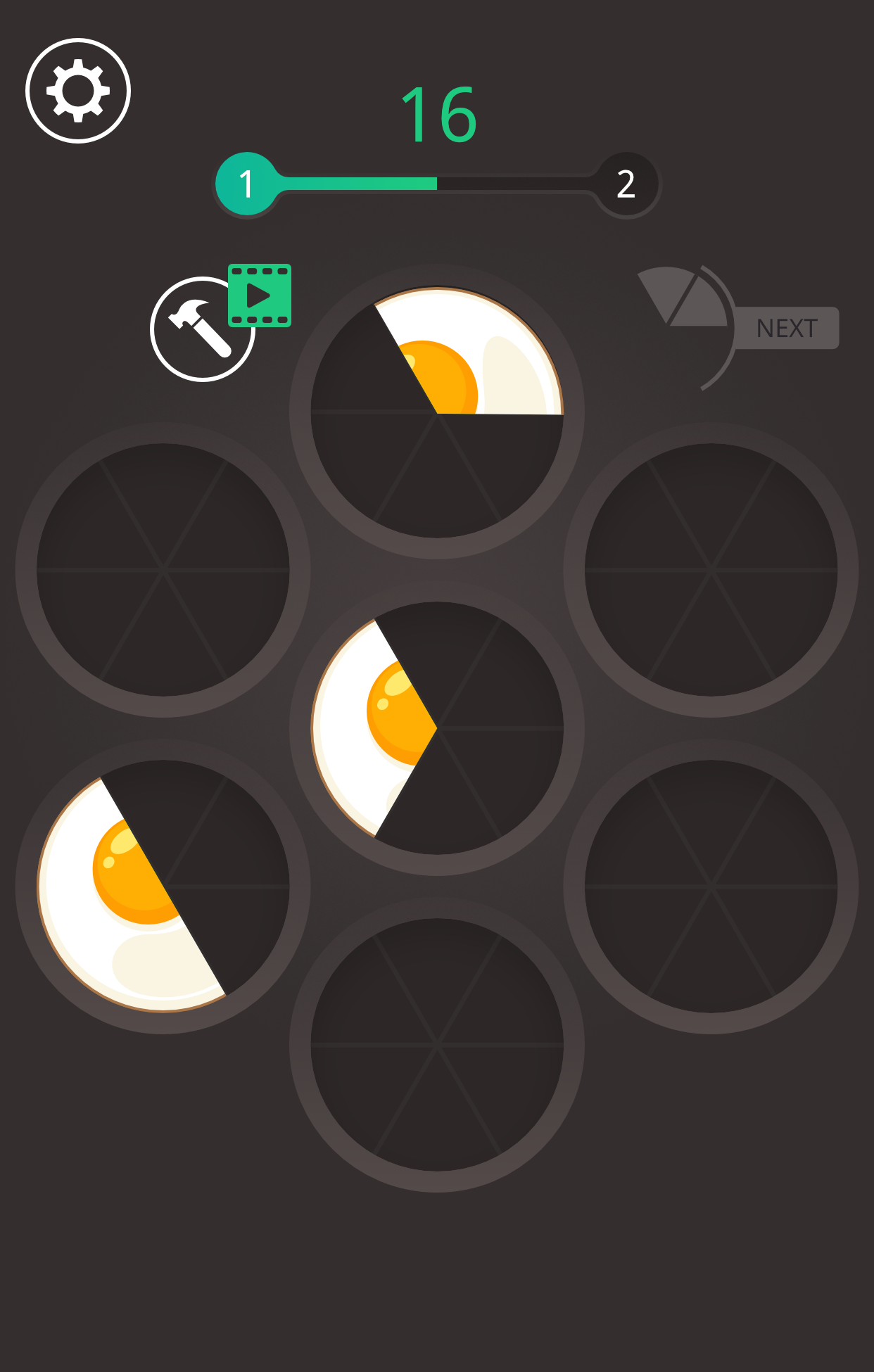
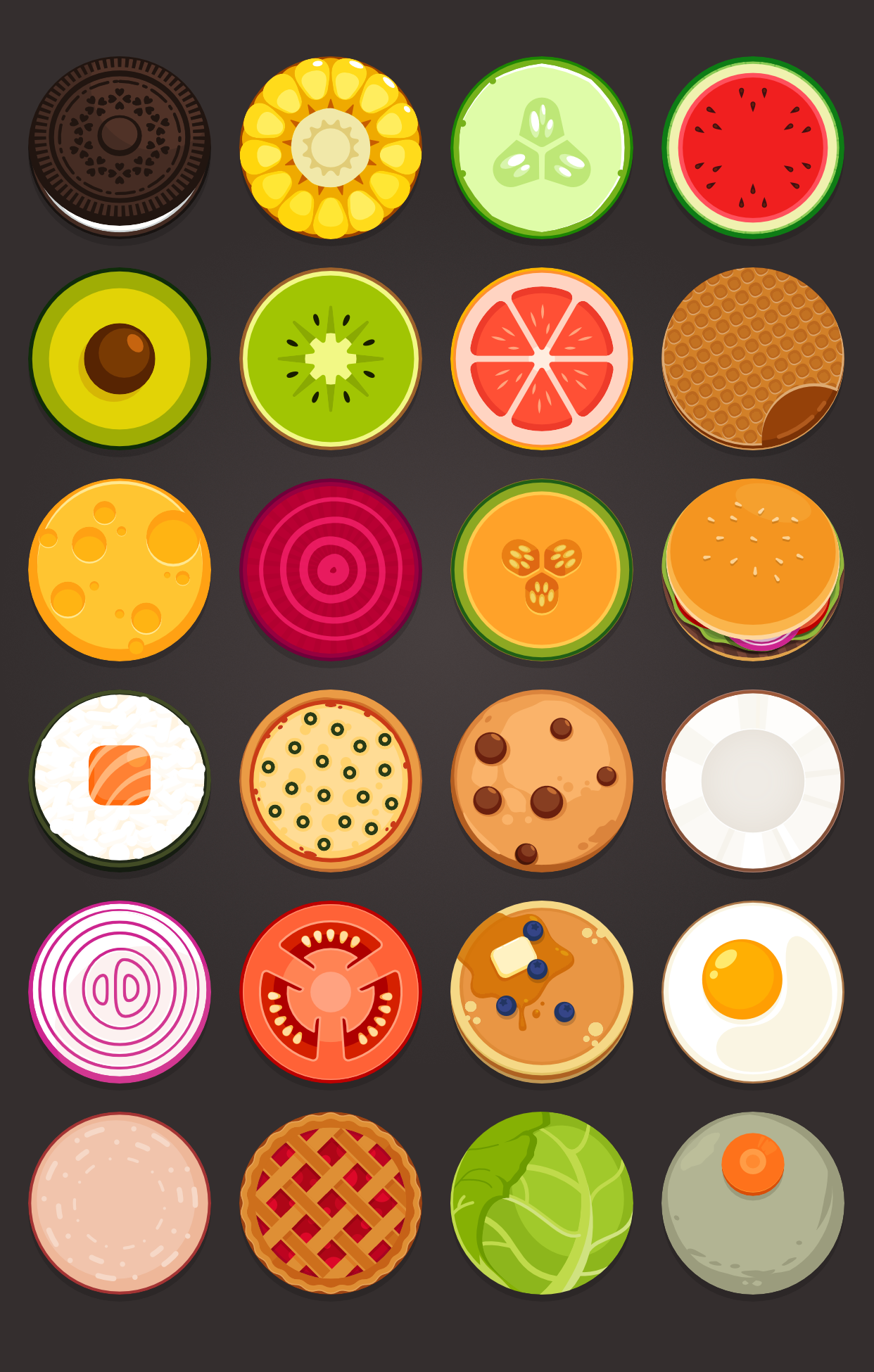
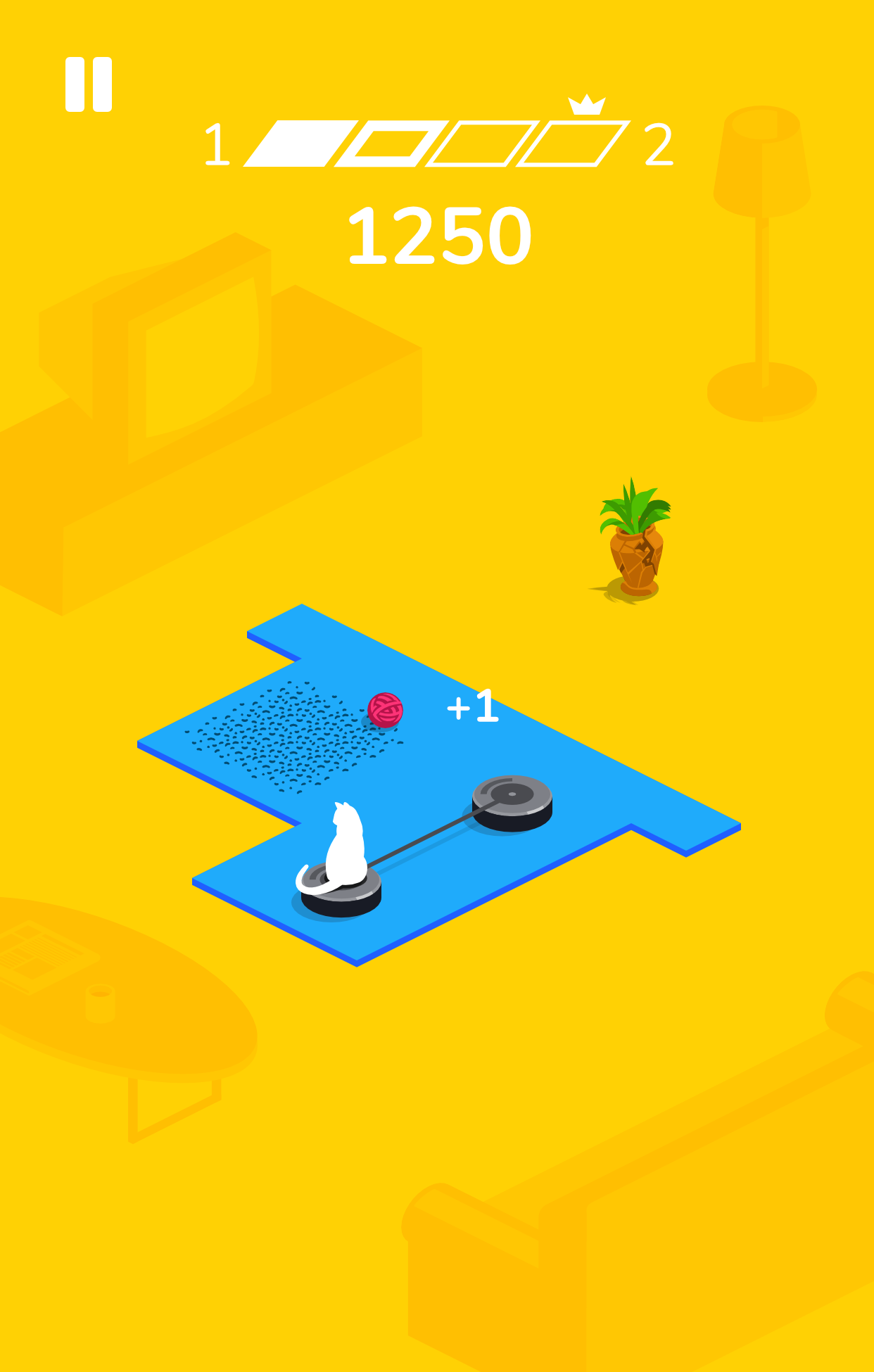
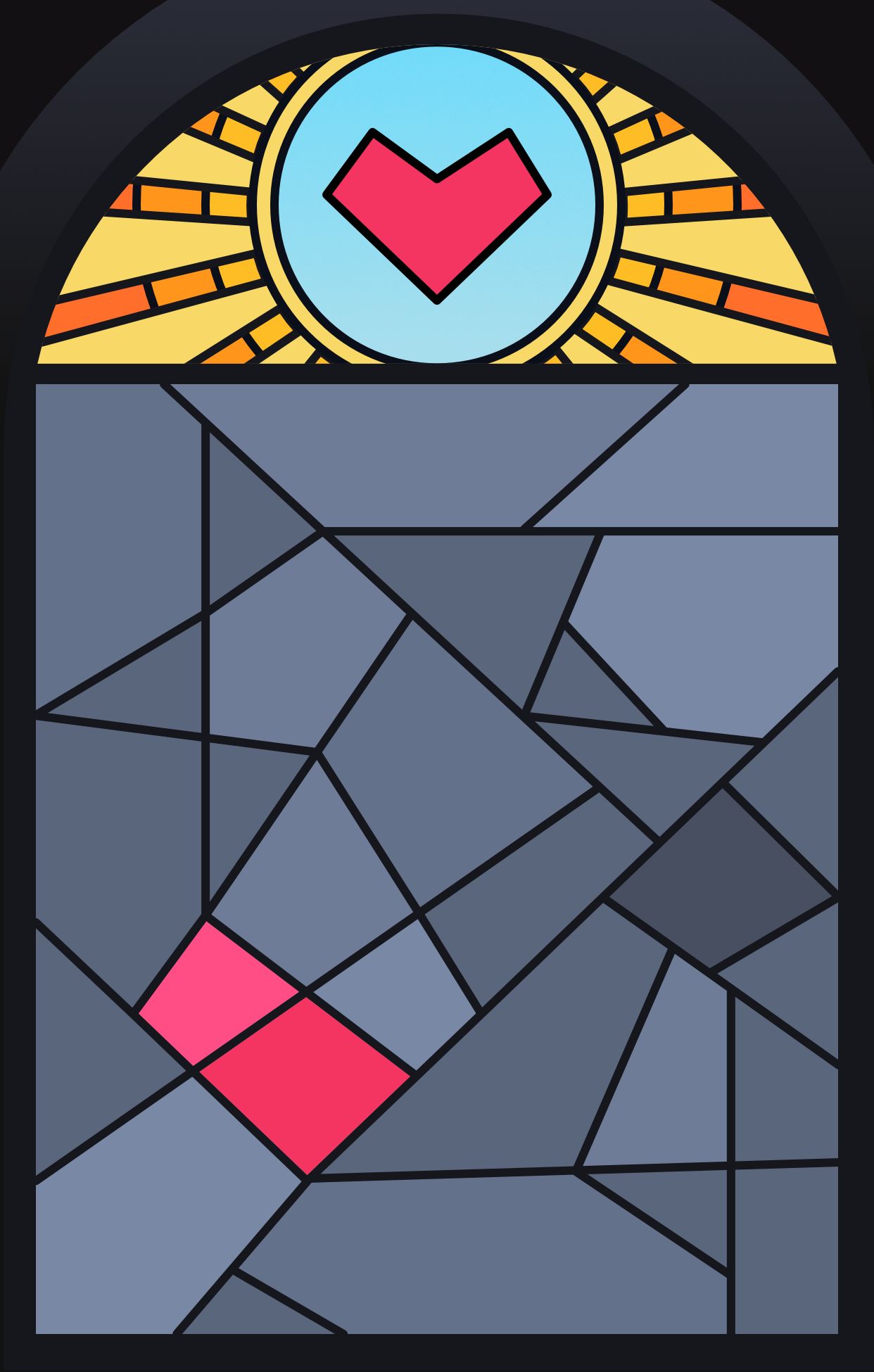
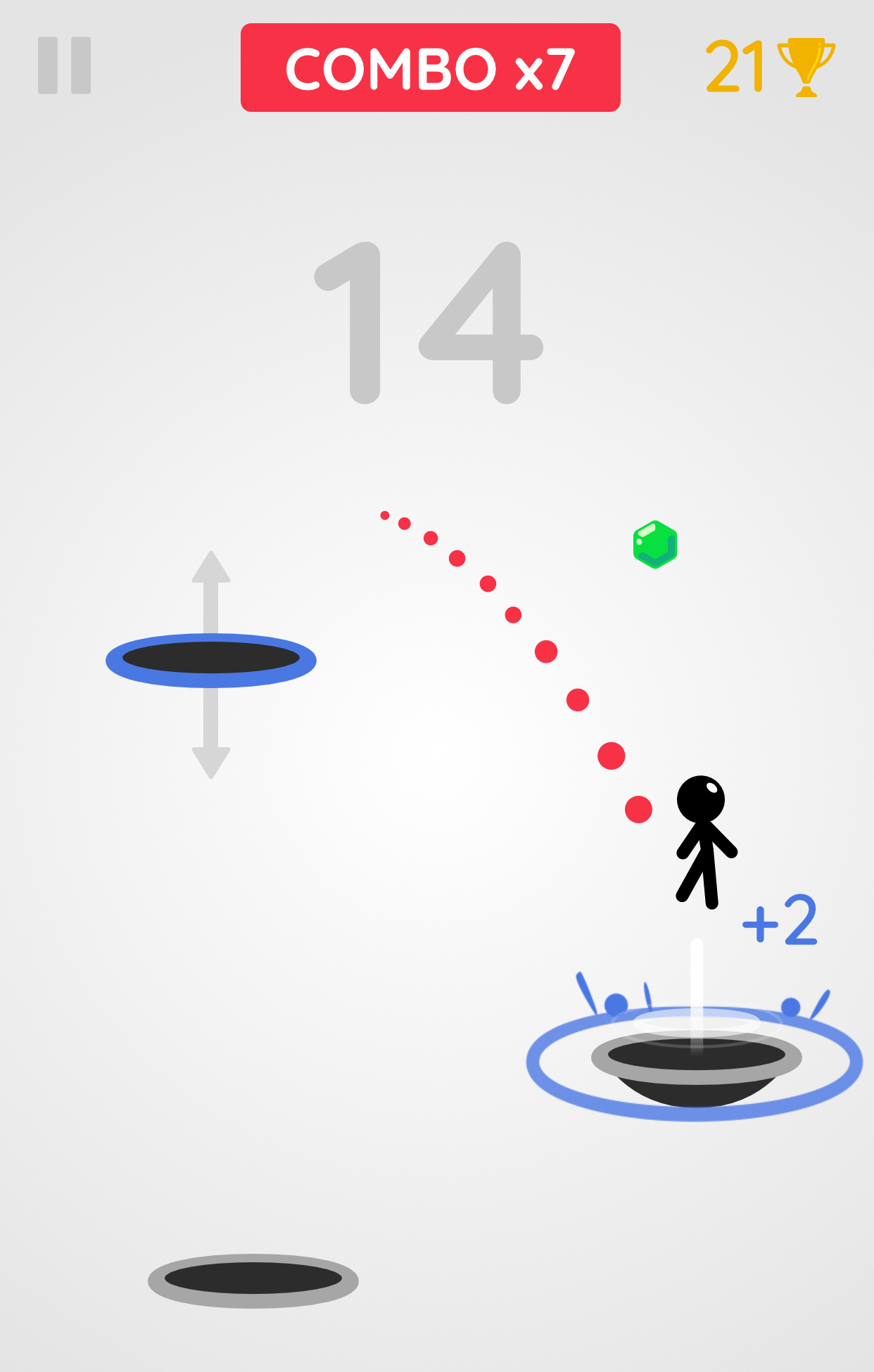
On the flip side of the publishing business, we built a platform that would allow other developers submit their games for review with us and automatically test it. I developed the frontend, which consisted mostly of a multi-part interactive form, and helped devise a tool that generates ad creatives from a given gameplay video.
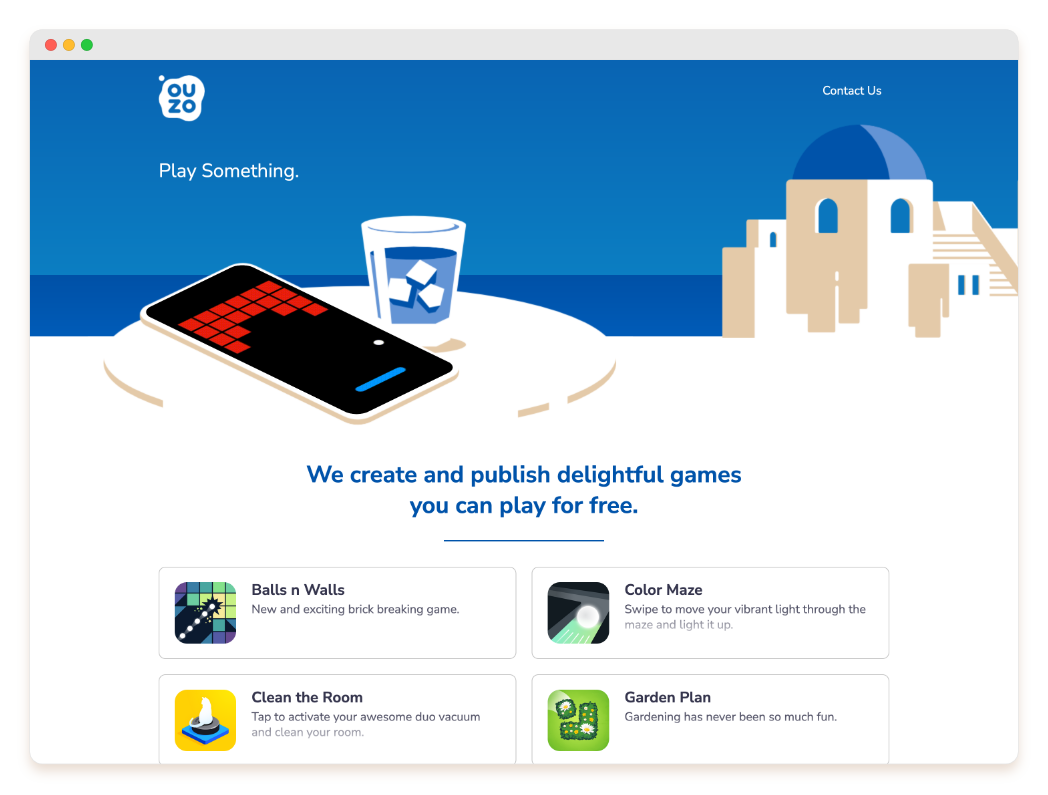
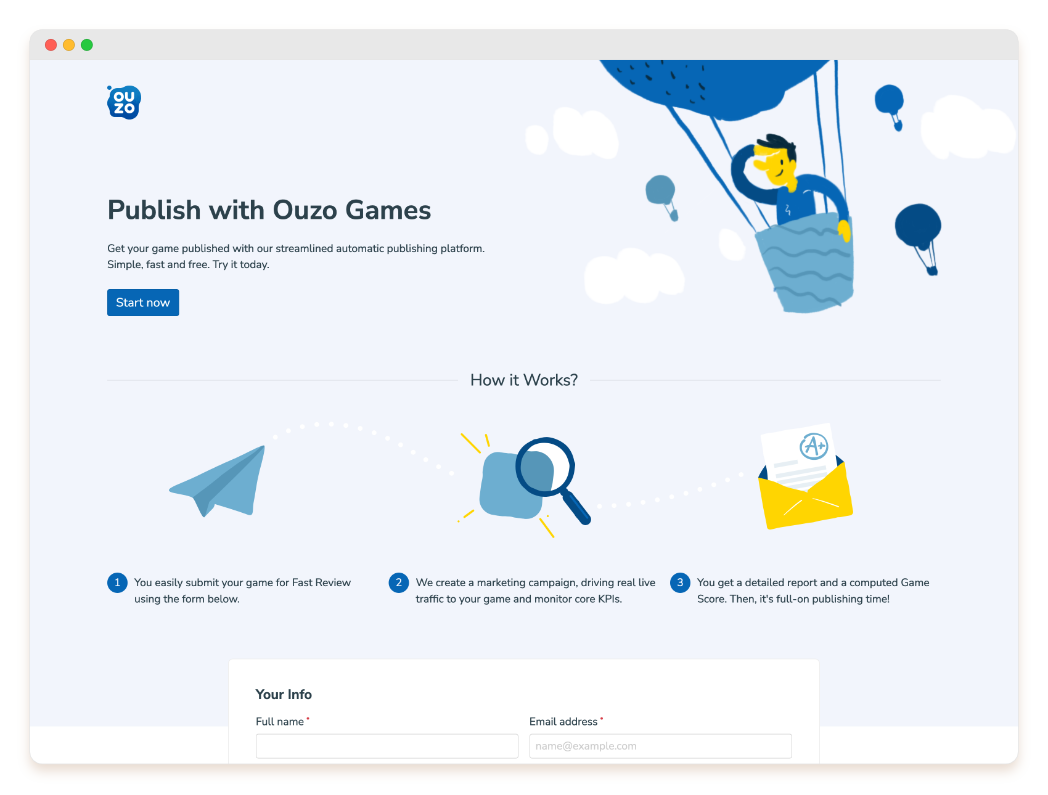
Overall, it was refreshing to try out new ideas in quick sessions and some games we came up with were actually pretty fun. Eventually though, we couldn’t reach the kind of profitability that would allow us to continue and the company was dissolved.